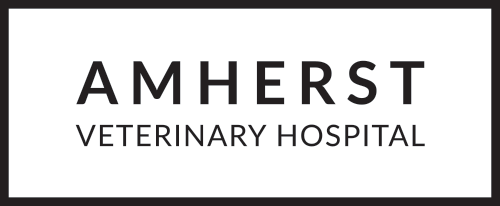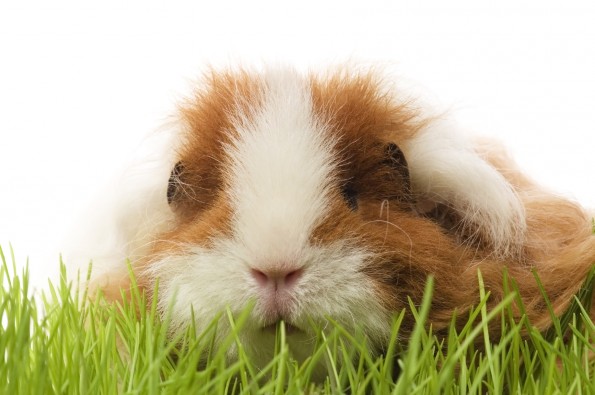Guinea pigs are a favourite small pet in Canada, and for good reason! They are long lived, affectionate, and relatively easy to care for. With their expressive squeaks and squeals, they easily worm their way into the heart of any family. Unfortunately, guinea pigs face a serious health risk that is 100% preventable, and as an experienced Vancouver animal hospital we want to keep you informed. The health risk we are referring to was once called ‘scurvy’ by the seafaring men and women who often suffered from it, and is caused by a lack of vitamin C in a guinea pig’s diet. Unlike many other critters, guinea pigs don’t make any vitamin C biologically and need to get it from their diet or they will get sick.
How do you help your guinea pig get enough vitamin C to keep them healthy and strong? There are several options, but one of the simplest is to make sure your pig is getting the vitamin C though their everyday diet. There are many staple pellet diets designed especially for guinea pigs that have vitamin C added for just this purpose. If your guinea pig loves pellets and eats plenty of them reliably, this can be a great option. If your guinea pig has a widely varied diet and appetite that doesn’t always include pellets, then you may want to look at another choice.
Fruits and veggies should always be a part of your guinea pig’s daily diet, as the healthy plant fibre and hydration they receive from eating fresh food aids in their digestion and other health functions. Including fruits that are high in vitamin C, such as oranges, apples, and berries can help make sure your pig has a healthy dose of vitamin C each day! Be careful, though, and keep track of the portions of everything you give your pet. Too much acidic food or sugar (even natural sugar) can be harmful. If you aren’t sure how much your guinea pig should be eating, or if you have any other questions, consult a Vancouver veterinarian for assistance with a nutrition plan.
The last option for boosting your guinea pig’s vitamin C intake is supplements. There are two types of vitamin C supplement commonly available, a liquid and a tablet. The liquid is usually mixed into the water in your pig’s water bottle, giving it a zesty flavor and making sure your pig gets a boost of vitamins every time they take a drink. The disadvantage to this however is you need to measure the amount of water your pig drinks every day to ensure he is getting the right dose of Vitamin C. Vitamin C is also broken down by sunlight so you need to change the water and add fresh Vitamin C daily. The tablets are much more easily tracked, with a set dosage of vitamins in an easy chalk-textured tablet. The tablets are often flavoured, which can make them a great treat for the right pig! Feed these tablets to our guinea pig by hand and watch them munch them up. Vitamin C tablets are a very reliable way to make sure your guinea pig gets exactly what they need nutritionally.
We hope this information helps you to keep your guinea pig full of vitamin C and scurvy free!

